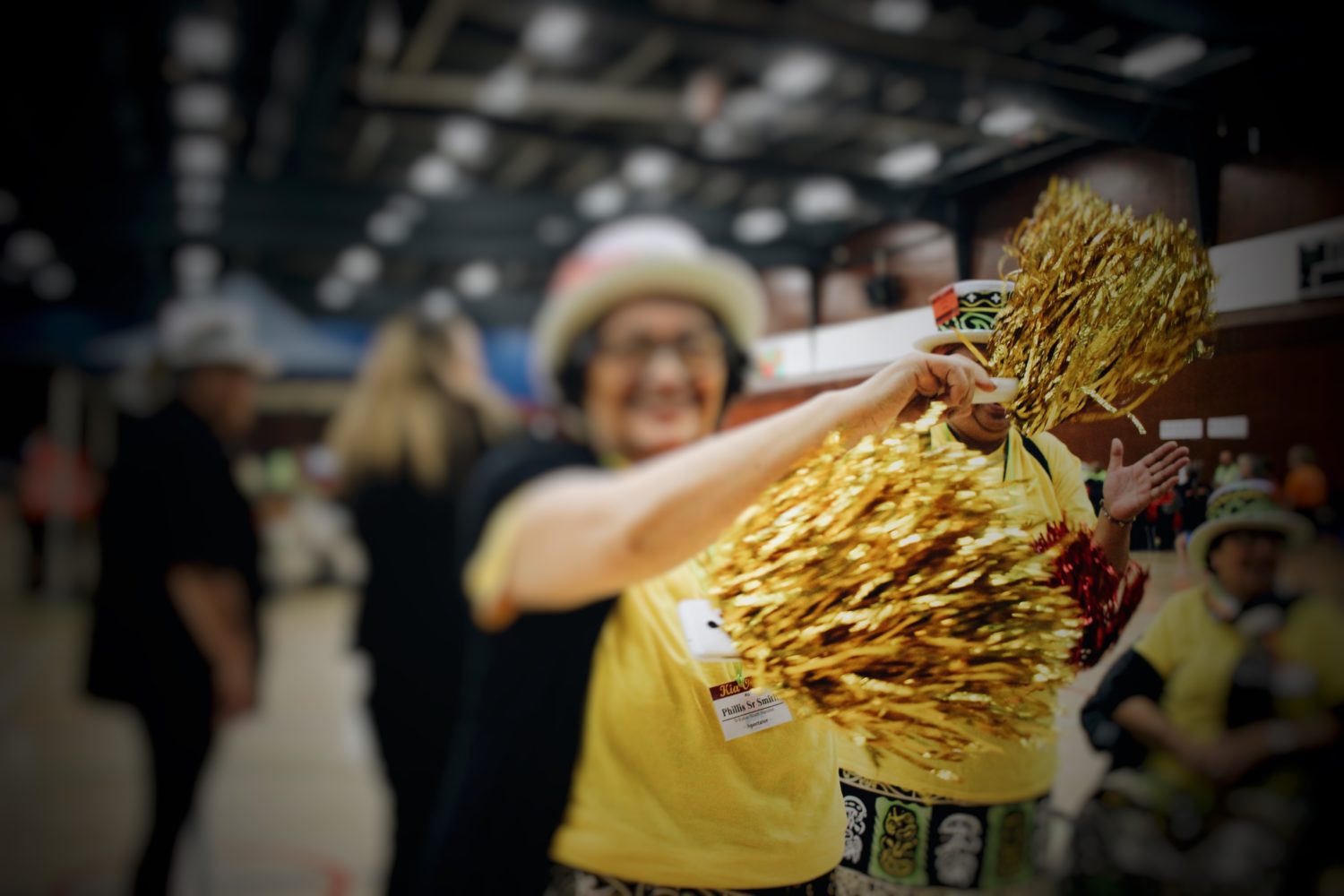One of the most telling findings of the Phase 1 funded Loneliness and Social Isolation study was that the culturally specific aspects of Māori and Pacific loneliness are not being captured on standard, international measurement scales.
So the research team, led by Charles Waldegrave and Catherine Love, co-created with older Māori (50 years and over) their own loneliness scales. These new scales offered a different picture of how lonely older Pacific (co-led with Taimalieutu Kiwi Tamasese) and Māori are from western scales currently in use. This is due, in part, to differing worldviews, cultural understandings, the changing roles of older people in society, their extended family responsibilities, spirituality, and the impact of contemporary living on their cultures.
After the success of the Phase 1 study, Ageing Well funded the follow up study in Phase 2 to develop a Kaumātua Future Proofing Tool to provide an evidence-based checklist for those designing culturally rich services for the burgeoning ageing Māori population. Led by co-Principal Investigators Charles Waldegrave and Dr Catherine Love out of the Family Centre Social Policy Research Unit in Lower Hutt, this study hopes to contribute to the way in which policy and resources are allocated to Māori in the future.
“Our earlier research with older Māori on loneliness, showed that when we asked Māori Elders what made them feel lonely, we discovered there were other Māori specific aspects that the standard questionnaires did not pick up,” said Waldegrave.
“We think it is likely that many general questionnaires probably also miss Māori specific aspects and thus do not provide good evidence for service planning and policy setting. As a result, these blunt instruments may be providing imprecise and unhelpful information and imprecise evidence.”
So, the research team is investigating ways to develop a general questionnaire that takes into account the differing worldview, plus many of the cultural, spiritual, and social influences to help guide decision making that will impact Māori. It will be designed to present both Māori and mainstream providers and policy makers with Kaumātua-approved information on processes and pathways that work effectively for older Māori and those that do not.
“This study, using co-created questions with older Māori, seeks to understand what they consider works well for them and what does not. It will broaden the scope and increase the impact of services and policies with older Māori as they share their experience and mātauranga about what processes and pathways will be most effective for them,” said Waldegrave.
